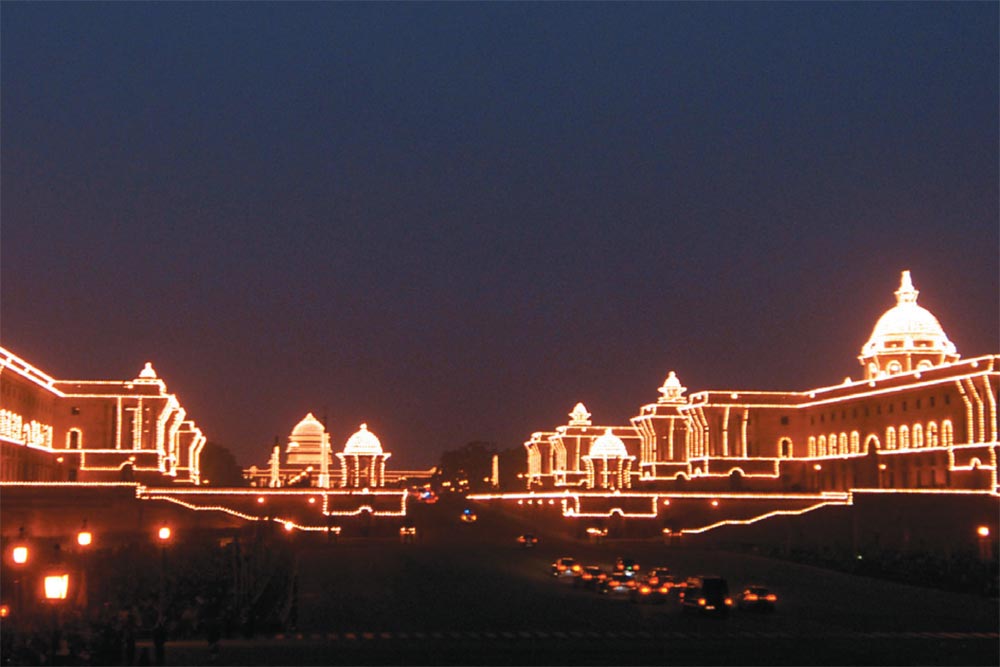Energy is always big business. But did you know there’s also money to be made in getting companies to use less of it? With energy costs staying north, companies are looking for ways to use their resources more efficiently — energy accounts for a fifth of total costs, so any saving shows up on the bottomline. And companies such as Honeywell, Siemens and Schneider Electric are helping organisations do just that. Industry sources estimate that the energy efficiency market in India could be worth Rs.25,000 crore a year — and this when it’s still very nascent.
Mature energy efficiency markets typically start with an energy audit — studying where the power is used and identifying saving areas. Then come custom-designed solutions. Using energy resources efficiently seems a no-brainer, but it’s not easy getting companies to agree to spend money implementing such changes — especially in emerging markets. That’s because even where the changes are simple, the cost incurred is upfront but the payback stretches over a few years.
For instance, adding energy-efficient lighting and cooling systems could run up a bill of a couple of crores, that will be amortised over, say, four years. In high energy-consuming industries like cement, the scale changes considerably. A 20% cut in power costs per tonne of cement produced could mean a saving of Rs.100 per tonne of cement. But that may mean an investment of, say, Rs.10 crore, to be recouped in, say, about three years. Ajay Mathur, director general, Bureau of Energy Efficiency says energy-intensive industries are aware of efficiency concepts and requirements. “But commercial establishments with large buildings are yet to fully understand and implement these concepts.”
Some initial interest is visible. Schneider, for instance, has recently acquired clients like the Hyatt hotels and Max Hospitals, while Honeywell was involved in the energy audit and performance contracts at Rashtrapati Bhavan and Manipal Hospital. Requirements vary widely. Companies opt for piecemeal energy-efficiency plans rather than sign on for end-to-end projects — a hotel or hospital may implement energy efficiency just in its laundry department. Many companies also stop at the audit stage. Schneider has conducted around 800 energy audits over the past seven years, but few have converted to end-to-end solutions. So, it’s charging minimal fees for audits just to get a leg in at the door. “Guaranteed savings is the Holy Grail,” says Satish Kumar, vice-president, Schneider.
Now, there’s also a high-profile instance of energy efficiency at work — Rashtrapati Bhavan, which ran up an electrcity bill of Rs.16 crore in FY10, has cut its energy consumption by 25% in the past two years. That should add to the buzz around the business.











